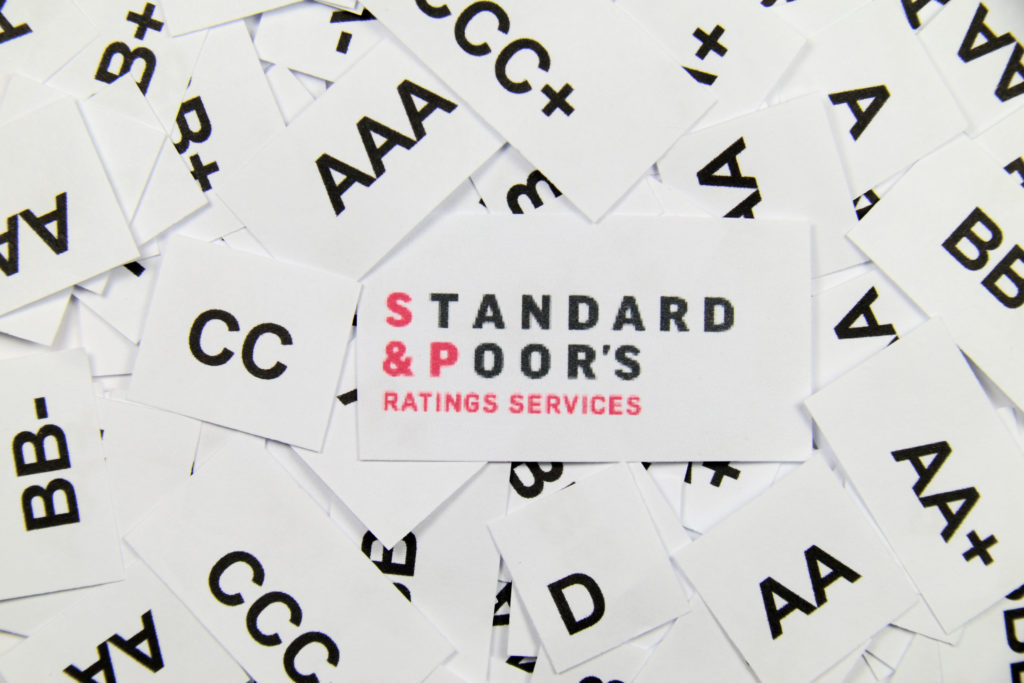TASHKENT
S&P Global Ratings assigned its ‘BB-’ long-term foreign currency issue rating to the U.S. dollar-denominated benchmark-sized senior unsecured notes and ‘BB-’ long-term local currency issue rating to Uzbekistan’s sum-denominated senior unsecured notes to be issued by Uzbekistan (BB-/Stable/B).
“The amount and interest rate of the issuances, among other details, will be determined during the placement,” the agency said.
The notes represent direct, general, unconditional, and unsecured obligations of the sovereign, and rank equally with the sovereign’s other unsecured debt obligations.
Uzbekistan said last week it planned to place two tranches of Eurobonds in dollars and soums, worth a total of $870 million on the London Stock Exchange (LSE) to finance the construction of schools, hospitals and water supply systems in the Central Asian country.
The dollar tranche will be issued for a period of 10 years, and the soum tranche for 3 or 5 years, Deputy Finance Minister Odilbek Isakov told reporters. The organisers of the issue are Citi, Gazprombank, J.P. Morgan and MUFG.
The amount of the tranche in soums would depend on demand.
The government plans to have a series of calls and online meetings with potential investors ahead of the placement. The exact date of the issue and volume of each tranche has not been disclosed yet.
Uzbekistan first tapped the Eurobond market in February 2019, by selling $1 billion worth of five and ten-year bonds with a yield of 4.75 percent and 5.375 percent. The offering was split into two tranches of $500million, due in 2024 and 2029. According to the Finance Ministry, demand for the bonds exceeded $8.5 billion.
In November 2020, the ex-Soviet country placed another two tranches of three- and 10-year Eurobonds denominated in dollars and soums in amount of $750 million.
Uzbekistan is reforming its once centralised economy after more than two decades of economic isolation. President Shavkat Mirziyoyev has made attracting foreign investors one of his top priorities in measures that have included liberalising the country’s foreign exchange market and modernising business practices, cutting down on the soviet-era bureaucracy that still holds many of the country’s companies back.
Last year Uzbekistan secured preliminary agreements for more than $3 billion in long-term soft loans and grants from international financial institutions, and may attract more, temporarily increasing the cap on borrowings, Reuters reported.
The government said it would use the borrowed funds to combat the spread of coronavirus and support its economy amid the global recession. The Central Asian nation had previously decided to limit annual foreign borrowings by the public sector to $4 billion, but the government planned to review the figure due to the COVID-19 crisis.
The country’s financing needs will depend on how long the pandemic continues, Isakov said last year, and Tashkent will stick to its other self-imposed limit capping foreign debt of the public sector at 50 percent of gross domestic product.

